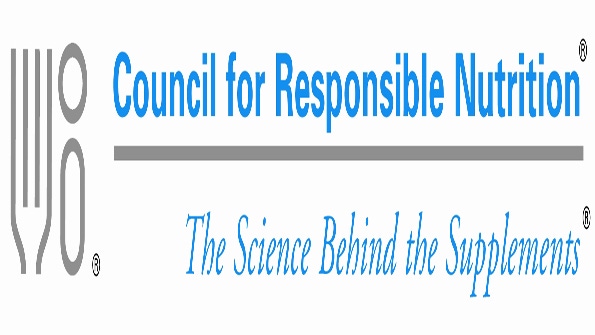New paper states that adults over 55 with heart disease who take daily supplements, specifically omega-3s or B vitamins, can reduce their odds of a costly medical event.
October 5, 2014

Use of specific dietary supplements can have a positive effect on health care costs through avoided hospitalizations related to Coronary Heart Disease (CHD), according to a new article published in the Journal of Dietary Supplements. The article, “From Science to Finance—A Tool for Deriving Economic Implications from the Results of Dietary Supplement Clinical Studies,” published by Christopher Shanahan and Robert de Lorimier, Ph.D., explores a potential cost-benefit analysis tool that, when applied to a high-risk population (U.S. adults over 55 with CHD) who take dietary supplements, specifically omega-3 fatty acid or B vitamin dietary supplements, can result in the reduction of the individuals’ odds of experiencing a costly medical event.
Hospitalizations for all U.S. adults over the age of 55 with CHD cost the United States over $64 billion in 2012, and the amount spent on the treatment of CHD, rather than the prevention, is burdensome on both the societal and individual levels—and only expected to increase, according to the article. “One way to control the burden of CHD costs is to minimize the number of costly inpatient procedures,” the authors said. “Many dietary supplement products are available in the market today that have been shown to have positive effects on heart health through associated clinical studies...Thus, the potential decrease of total health care expenditures in the United States is a strong argument for the daily use of dietary supplements.”
According to the authors’ analysis of all U.S. adults over the age of 55 diagnosed with CHD:
If every high-risk person in the target population were to take B vitamins at preventive intake levels daily, there would be an average of $1.5 billion in avoided expenditures per year and a cumulative of $12.1 billion in avoided expenditures between 2013 and 2020.
"This is a relatively low-technology, yet smart, approach that can be used by consumers, physicians, employers, and policymakers as a means to reduce personal and societal health care costs," the authors concluded.
The cost-savings model presented in this article was first presented in a report, “Smart Prevention—Health Care Cost Savings Resulting from the Targeted Use of Dietary Supplements,” in which Frost & Sullivan conducted a systematic review of scientific research in peer-reviewed, published studies that looked separately at relationships between omega-3 supplement intake and the risk of a CHD-attributed event, and B vitamins intake and the risk of a CHD-attributed event. The firm then projected the rates of CHD-attributed medical events across U.S. men and women over the age of 55 with CHD and applied a cost benefit analysis to determine the cost savings if people in this targeted population took omega-3 supplements or B vitamin supplements at preventive intake levels. The report was funded through a grant from the CRN Foundation.
The article published in the Journal of Dietary Supplements can be found here. The full Frost & Sullivan economic report and accompanying materials, including omega-3 supplement and B vitamin supplement infographics, are available for free at supplementforsmartprevention.org.

About the Author(s)
You May Also Like




